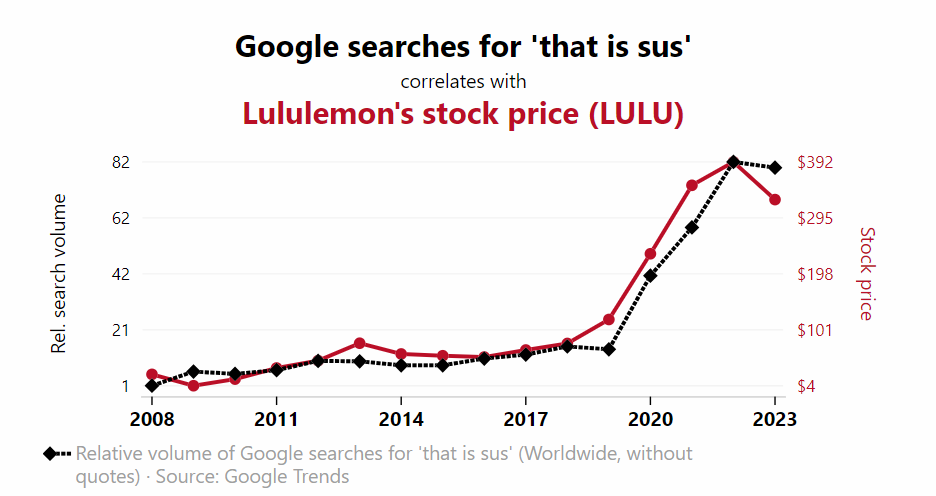Soldato
- Joined
- 30 Nov 2011
- Posts
- 11,423
Some things I learned recently due to new and updated research;
Salt intake has almost no effect on heart disease (low salt intake can actually increase your risk).
Dietary Cholesterol has no effect on risk of heart disease - vegetable oils actually increases risk of heart disease, saturated fats are more healthy (virgin olive oil and coconut oil are the best non-animal oils).
High sugar/carbohydrate intake also factor quite highly in heart disease risk.
I've also discovered that fasting (even just skipping breakfast) can have big health benefits.
Any other interesting titbits people want to share?
Salt intake has almost no effect on heart disease (low salt intake can actually increase your risk).
Dietary Cholesterol has no effect on risk of heart disease - vegetable oils actually increases risk of heart disease, saturated fats are more healthy (virgin olive oil and coconut oil are the best non-animal oils).
High sugar/carbohydrate intake also factor quite highly in heart disease risk.
I've also discovered that fasting (even just skipping breakfast) can have big health benefits.
Any other interesting titbits people want to share?
Last edited:






